Article
We're experiencing technical difficulties. Please try again later.
More Articles

Chicago Region Transit Ridership Grows in 2025
The region’s fixed-route system finished out the year with a total of 373.5 million rides. Adding 12.3 million rides over 2024 represents an increase that is equal to the annual transit ridership of Kansas City.
Read More →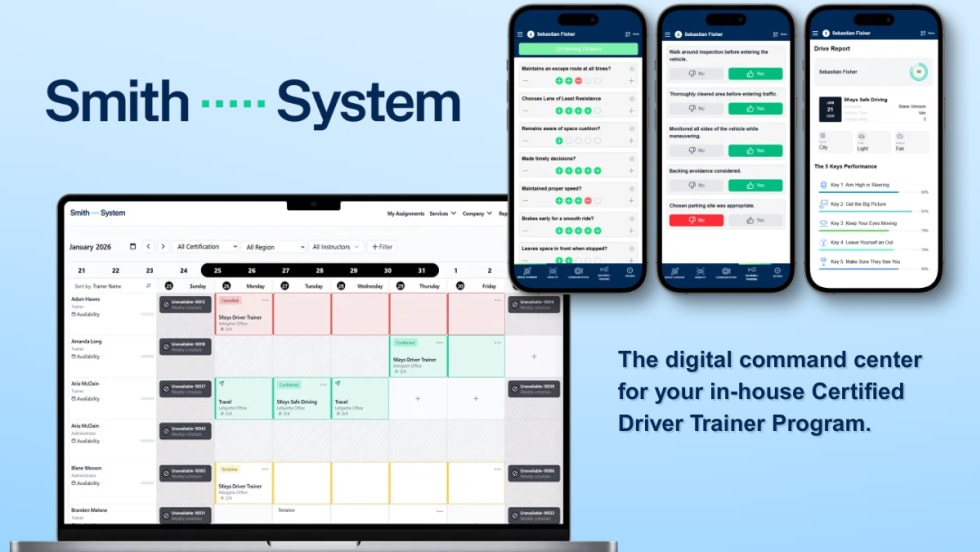
Smith System Launches Trainer Center to Scale Fleet Safety Programs
The new hub digitizes trainer-led safety programs, reducing admin work and giving fleets clearer insight into driver behavior.
Read More →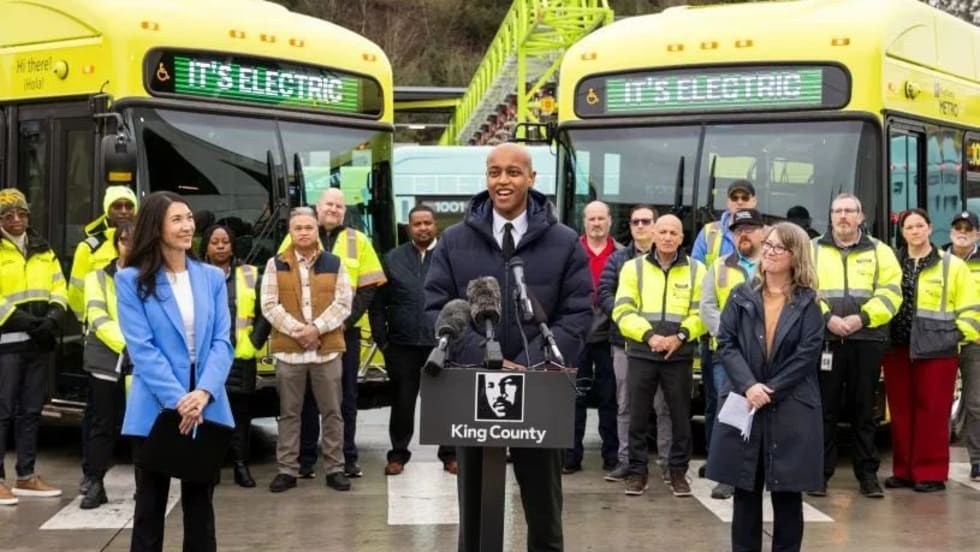
Seattle's King County Metro Introduces New Battery-Electric Buses
Rolling out in electric yellow and seafoam blue, the first battery-electric buses purchased from GILLIG will begin serving riders in south King County on February 2.
Read More →
Chicago's Pace Expands VanGo Mobility Program
The service is a flexible, reservation-based transit service designed to close the first- and last-mile gaps and connect riders to employment for just $5 per day.
Read More →
Foothill Gold Line Board Awards Claremont Extension Design Contract to Parsons, Maintains Board Leadership for 2026
Parsons wins the $60M Claremont Extension design contract as the Foothill Gold Line board reaffirms leadership during a pivotal project phase.
Read More →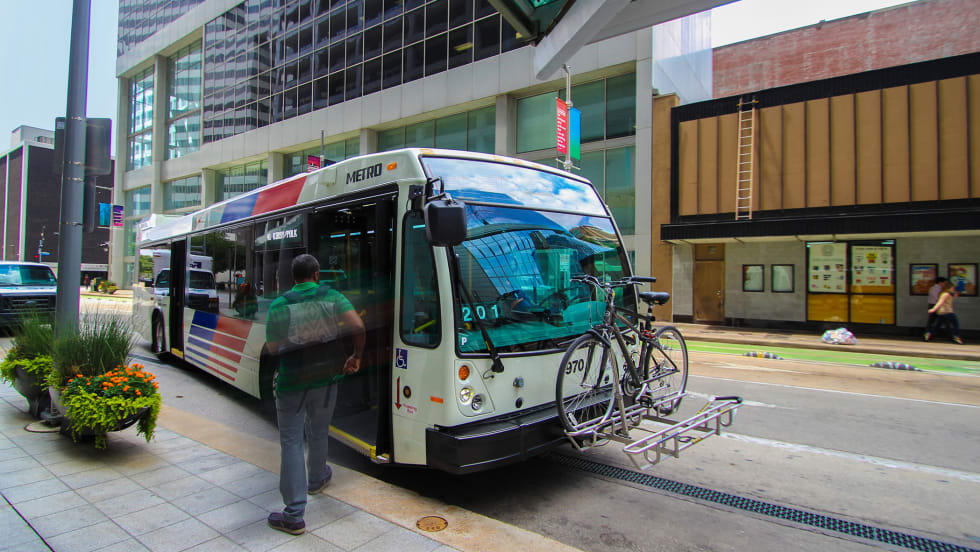
Houston METRO Introduces RideMETRO Fare System
The upgraded system, which went live earlier this month, supports METRO’s METRONow vision to enhance the customer experience, improve service reliability, and strengthen long-term regional mobility.
Read More →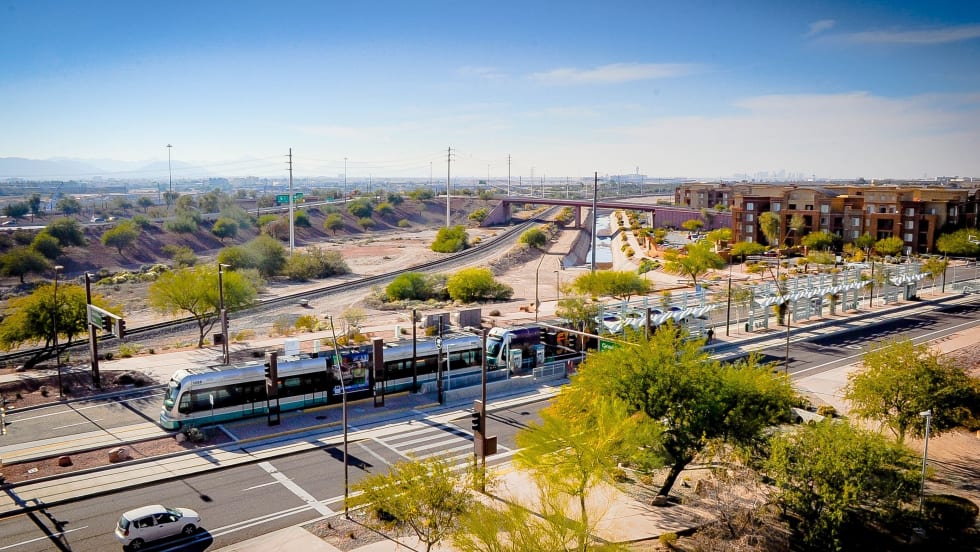
Valley Metro Sees Strong Ridership Growth in 2025
The agency ranked top five among mid-sized U.S. transit systems, defined as agencies with 15 million to 50 million annual trips.
Read More →
Bobit Business Media Launches B2X Rewards to Engage Transit Industry Professionals
The new program rewards B2B audience readers for engaging with trusted content and suppliers, earning them points toward events, travel, and more.
Read More →
Subway Customer Satisfaction Reaches Record High, New York MTA Says
The subway system saw increases across all key metrics, with 62% of subway riders reporting they feel satisfied with the system overall.
Read More →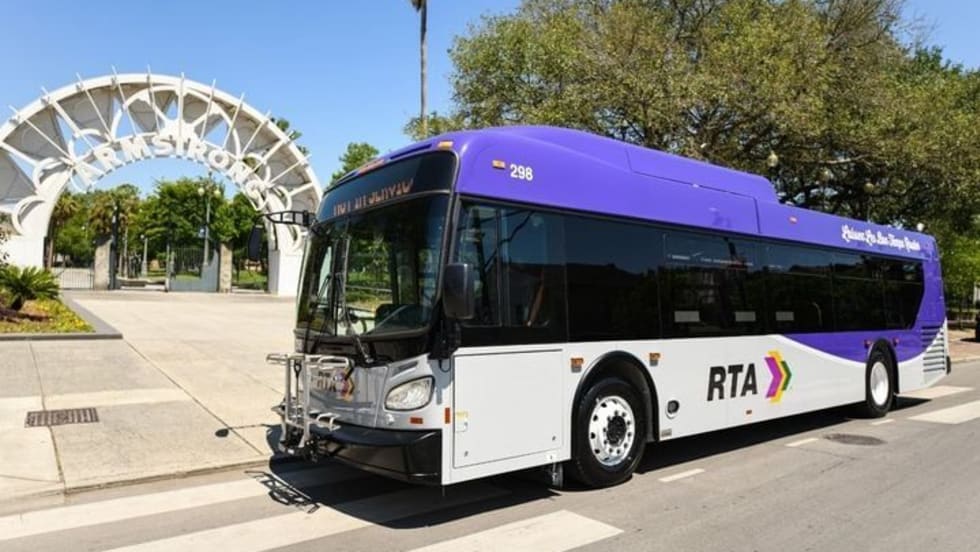
New Orleans RTA Reaches Agreement with ATU
The agreement provides competitive wages and reflects strong labor-management collaboration, positive working relationships, and a shared commitment to building a world-class transit system for the community, said RTA CEO Lona Edwards Hankins.
Read More →

